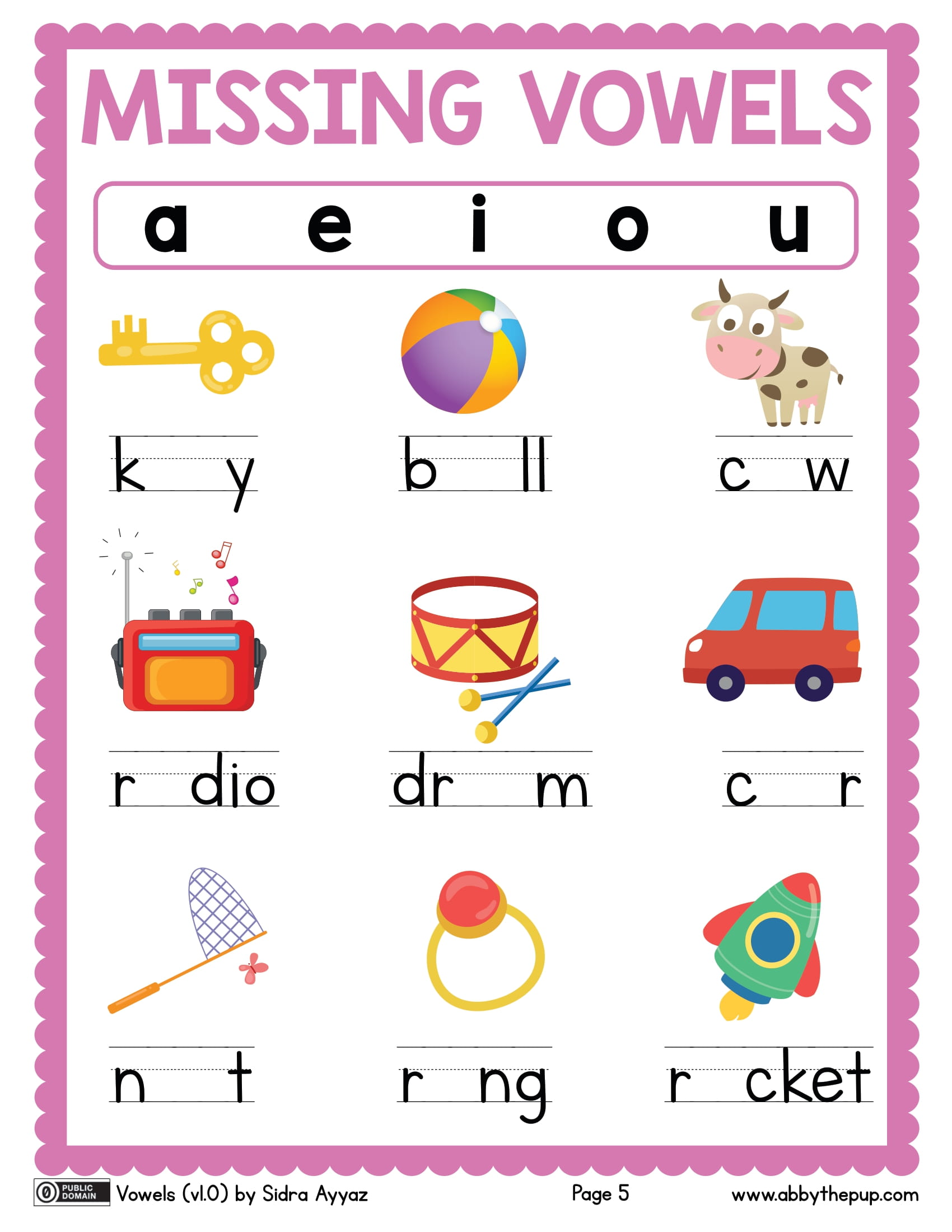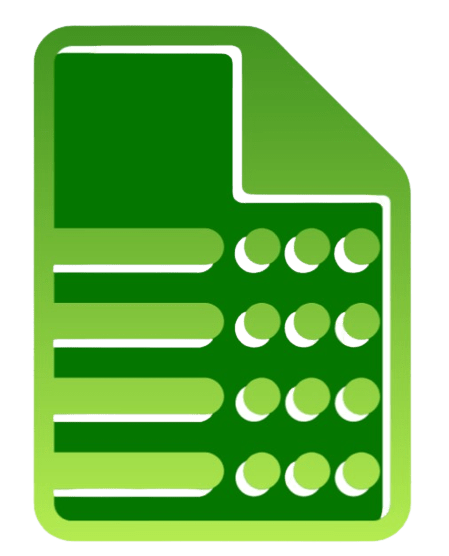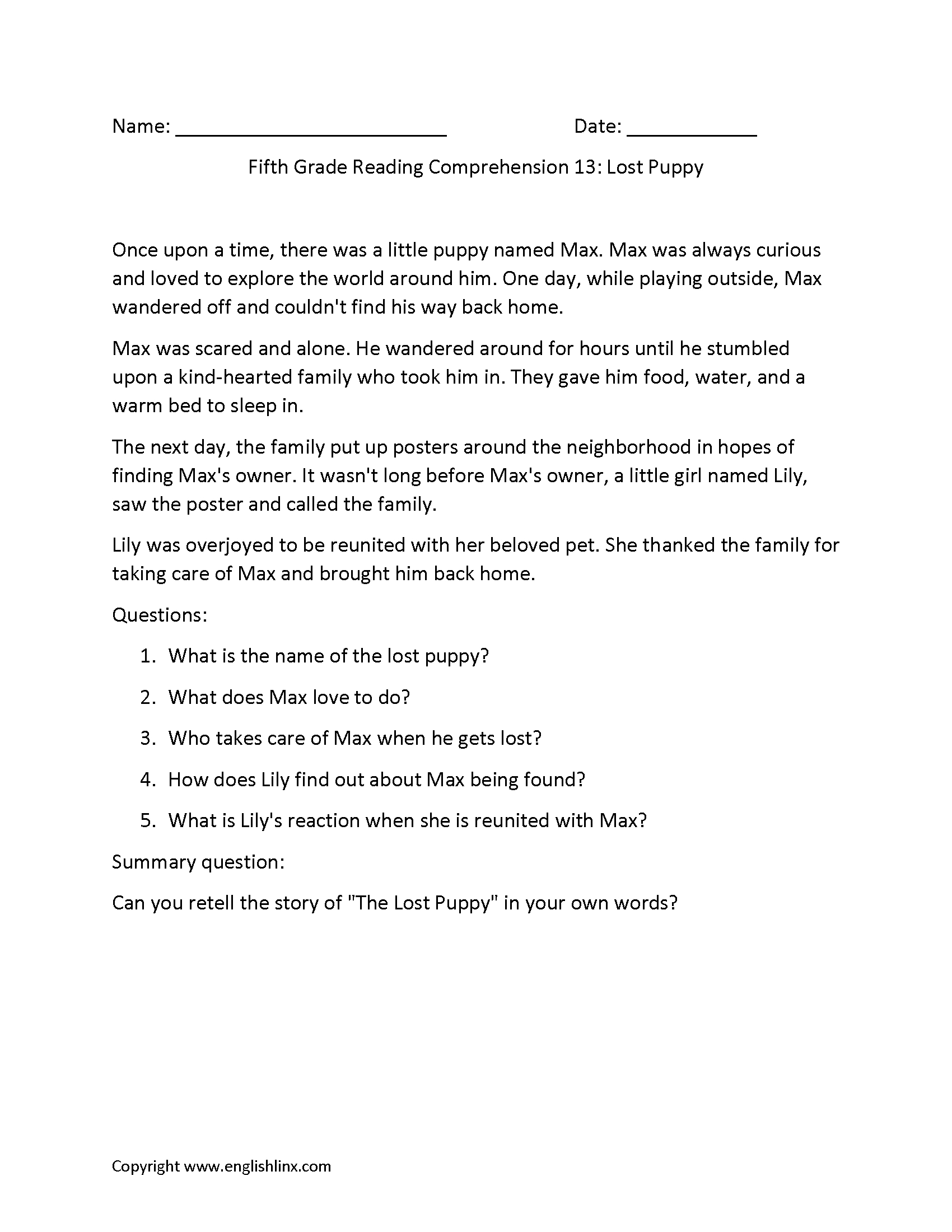Acceptance Commitment Therapy Worksheets
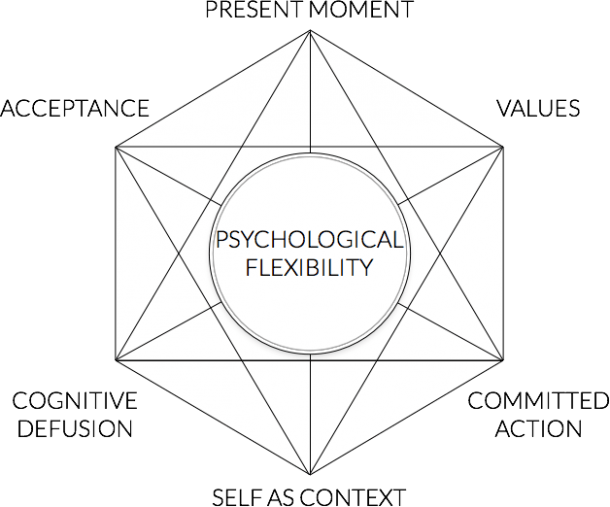
Understanding Acceptance Commitment Therapy (ACT)
Acceptance Commitment Therapy (ACT) is a type of psychotherapy that focuses on helping individuals develop psychological flexibility and acceptance of difficult emotions, thoughts, and experiences. The goal of ACT is to increase mindful awareness, clarify personal values, and encourage committed action towards valued life goals.
Key Components of ACT
There are six core processes in ACT:
- Acceptance: Allowing oneself to experience difficult emotions and thoughts without judgment or avoidance.
- Cognitive Defusion: Reducing the literal interpretation of thoughts, making them less impactful and distressing.
- Being Present: Increasing awareness of the present moment, without judgment or attachment to thoughts and emotions.
- Self-as-Context: Developing a sense of self that is separate from thoughts, emotions, and experiences.
- Values: Clarifying personal values and using them to guide actions and decisions.
- Committed Action: Taking action towards valued life goals, even in the presence of obstacles or challenging emotions.
ACT Worksheets for Personal Growth
Here are some ACT-inspired worksheets to help you cultivate psychological flexibility and move towards valued life goals:
Worksheet 1: Values Clarification
- Write down your personal values in different life domains (e.g., relationships, career, health, leisure). Use the following questions to guide you:
- What is most important to me in this area of my life?
- What kind of person do I want to be in this context?
- What kind of relationships do I want to have in this area of my life?
- Example:
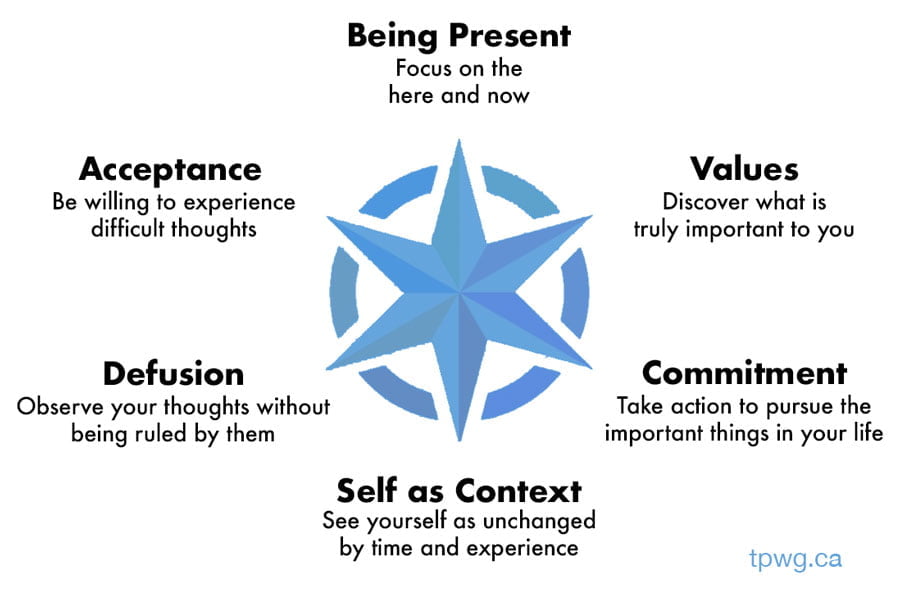
| Life Domain | Personal Value |
|---|---|
| Relationships | Being supportive and caring towards loved ones |
| Career | Pursuing a career that aligns with my passions and values |
Worksheet 2: Cognitive Defusion
- Write down a distressing thought or emotion that has been troubling you. Then, try to defuse it by adding the phrase “I am having the thought that…” or “I am experiencing the emotion of…”.
- Example:
| Distressing Thought/Emotion | Defused Thought/Emotion |
|---|---|
| “I am a failure.” | “I am having the thought that I am a failure.” |
| “I am anxious about this situation.” | “I am experiencing the emotion of anxiety in this situation.” |
Worksheet 3: Acceptance of Difficult Emotions
- Write down a difficult emotion that you are currently experiencing. Then, try to accept it by using the following phrases:
- “I am willing to experience this emotion.”
- “I can tolerate this feeling.”
- “This emotion is present, but it does not define me.”
- Example:
| Difficult Emotion | Acceptance Statement |
|---|---|
| Sadness | “I am willing to experience this sadness. It is present, but it does not define me.” |
Worksheet 4: Committed Action
- Identify a valued life goal that you want to work towards. Then, break it down into smaller, actionable steps.
- Example:
| Valued Life Goal | Actionable Step |
|---|---|
| “I want to start a new exercise routine.” | “I will start by scheduling a 30-minute walk into my daily routine, three times a week.” |
📝 Note: These worksheets are meant to be a starting point for your personal growth journey. Be patient and compassionate with yourself as you work through them.
Additional Tips for Using ACT Worksheets
- Use these worksheets regularly to track your progress and increase self-awareness.
- Be gentle with yourself as you confront difficult emotions and thoughts.
- Remember that ACT is not about avoiding or suppressing emotions, but about developing a greater sense of acceptance and psychological flexibility.
In conclusion, Acceptance Commitment Therapy worksheets can be a powerful tool for personal growth and development. By clarifying your values, defusing difficult thoughts and emotions, and taking committed action towards valued life goals, you can increase your psychological flexibility and move towards a more fulfilling life.
What is the main goal of Acceptance Commitment Therapy (ACT)?
+The main goal of ACT is to increase psychological flexibility and acceptance of difficult emotions, thoughts, and experiences, and to encourage committed action towards valued life goals.
How often should I use ACT worksheets?
+Use ACT worksheets regularly to track your progress and increase self-awareness. You can start with weekly or bi-weekly exercises and adjust as needed.
Can I use ACT worksheets on my own, or do I need a therapist?
+While ACT worksheets can be used on your own, working with a therapist can provide additional guidance and support. Consider consulting with a mental health professional if you need help with specific issues or concerns.
Related Terms:
- Acceptance and Commitment Therapy
- Acceptance and commitment Therapy PDF
- ACT worksheets PDF free
- ACT Made Simple pdf
- Acceptance and commitment worksheets
